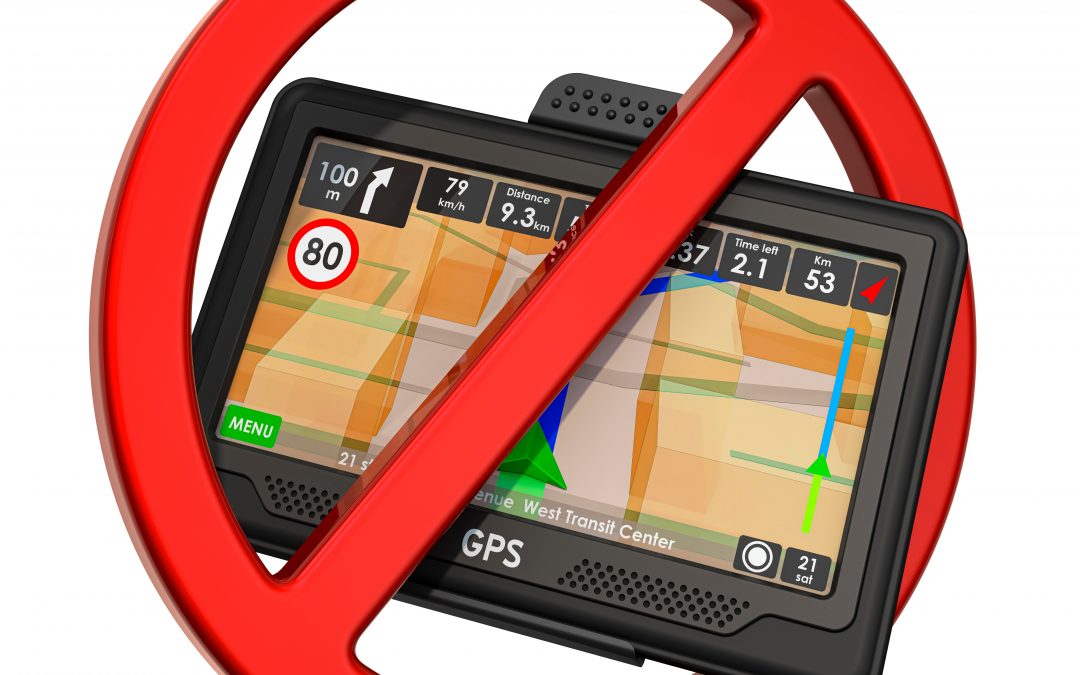Image: Shutterstock
Blog Editor’s Note: We see these kinds of articles every once and a while. They make some of the points made by Greg Milner in his excellent book “Pinpoint – How GPS is changing technology, culture and our minds.”
On the one hand I agree. We should not use GPS all the time. We should be able to find our way, especially over familiar routes, without GPS assistance.
On the other hand, I live in the greater D.C. area. And you never know when or where the traffic is going to backup. Programs like Waze and Google Maps are a huge help in avoiding heavy traffic. I didn’t use either last week when I picked up my daughter from the airport to take her to her house. No need. Straight shot down I-95. We sat in traffic an extra 15 minutes, of course.

Why You Should Stop Using GPS Navigation
Take off the training wheels once in a while.
Turn-by-turn navigation on phones and dedicated GPS devices has made it much easier to travel. However, the reliance on GPS navigation comes at a cost—you never actually learn how to get anywhere. That’s a problem.
The Good and Bad of GPS
My world changed when my HTC Eris received an update to enable turn-by-turn navigation in Google Maps. I have always been comically bad at navigating. Even places I’ve been to dozens of times can escape my memory. So having a GPS device in my pocket gave me a lot of confidence to travel.
The problem is, while this did make it easier for me to get around, it didn’t actually help me get better at navigating. We can essentially “turn off” our internal navigation system when using GPS navigation. You don’t have to pay as close attention to roads and landmarks as you pass them. When it’s time to make a move, you’ll be alerted.


